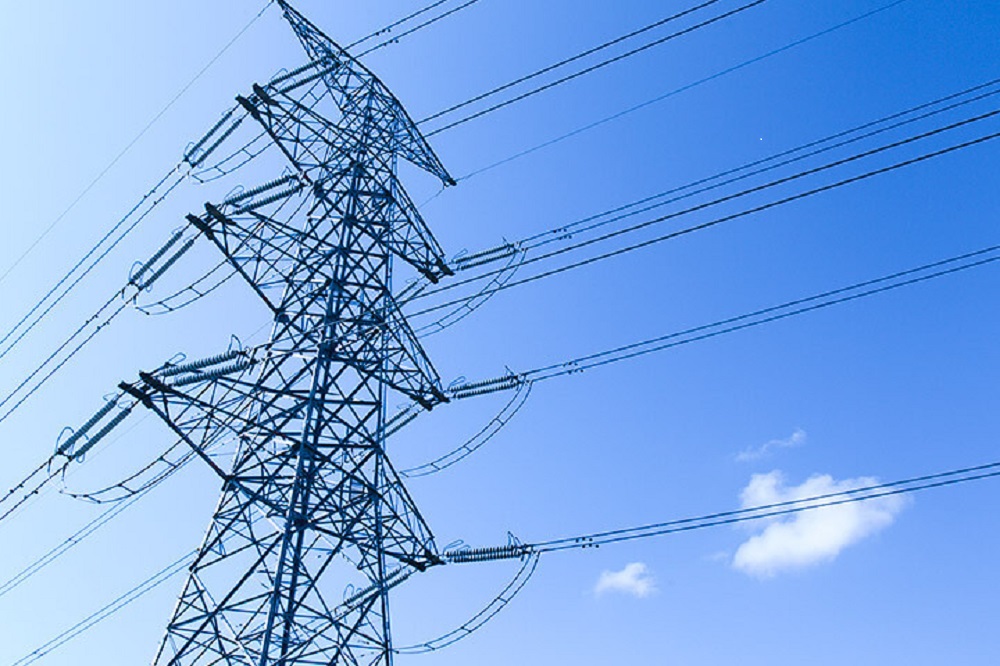NGK INSULATORS, LTD. (NGK) and Mitsubishi Heavy Industries, Ltd. (MHI) announced a collaborative initiative to develop two advanced membrane dehydration systems aimed at reducing costs and optimizing the efficiency of manufacturing processes for Bioethanol and e-Methanol. This joint effort is driven by the anticipated increase in demand for clean fuels and raw materials.
The project will focus on creating two distinct membrane dehydration systems: one specifically for Bioethanol and another for e-Methanol. The Bioethanol system will replace the conventional, energy-intensive dehydration process, significantly lowering the energy consumption required for production. Similarly, the e-Methanol system will streamline the dehydration process in e-Methanol production, which uses hydrogen and CO2 as raw materials, leading to substantial energy savings.
MHI will leverage its extensive global experience in delivering methanol and chemical plants, alongside its technological expertise in handling methanol and various other chemicals. NGK will contribute its advanced sub-nano ceramic membrane technology and unique film deposition techniques, which have been honed in chemical processing and water purification applications. NGK’s ceramic membranes, recognized for their exceptional separation accuracy and durability, are the largest in the world.
This collaboration aligns with the growing market demand for Bioethanol and e-Methanol as clean fuels and raw materials. Bioethanol, derived from plants like corn and sugarcane, is a widely used automotive fuel in the United States and Brazil and is a key component in the development of Sustainable Aviation Fuel (SAF). e-Methanol, gaining traction as a next-generation clean marine fuel, is expected to see significant market growth globally.
The partnership between MHI and NGK aims to bring these innovative membrane dehydration systems to real-world deployment, ensuring a stable supply of these clean fuels. MHI’s commitment to energy transition and decarbonization, with a target of achieving carbon neutrality by 2040, will be bolstered by these advancements. The development of high-efficiency manufacturing processes for hydrogen-free Bioethanol and e-Methanol will play a crucial role in this strategy.
NGK’s “Carbon Neutrality Strategic Roadmap” focuses on developing and providing technologies related to hydrogen and Carbon dioxide Capture, Utilization, and Storage (CCUS). Through this project, NGK aims to implement its cutting-edge ceramic technology in society, addressing challenges previously deemed difficult.
Membrane separation, the core technology in this project, uses membranes to separate substances based on molecular size differences, offering a more efficient and sustainable approach to chemical production processes.
This joint development effort represents a significant step towards a sustainable, carbon-neutral future, demonstrating the potential of advanced technology in addressing global energy and environmental challenges.







